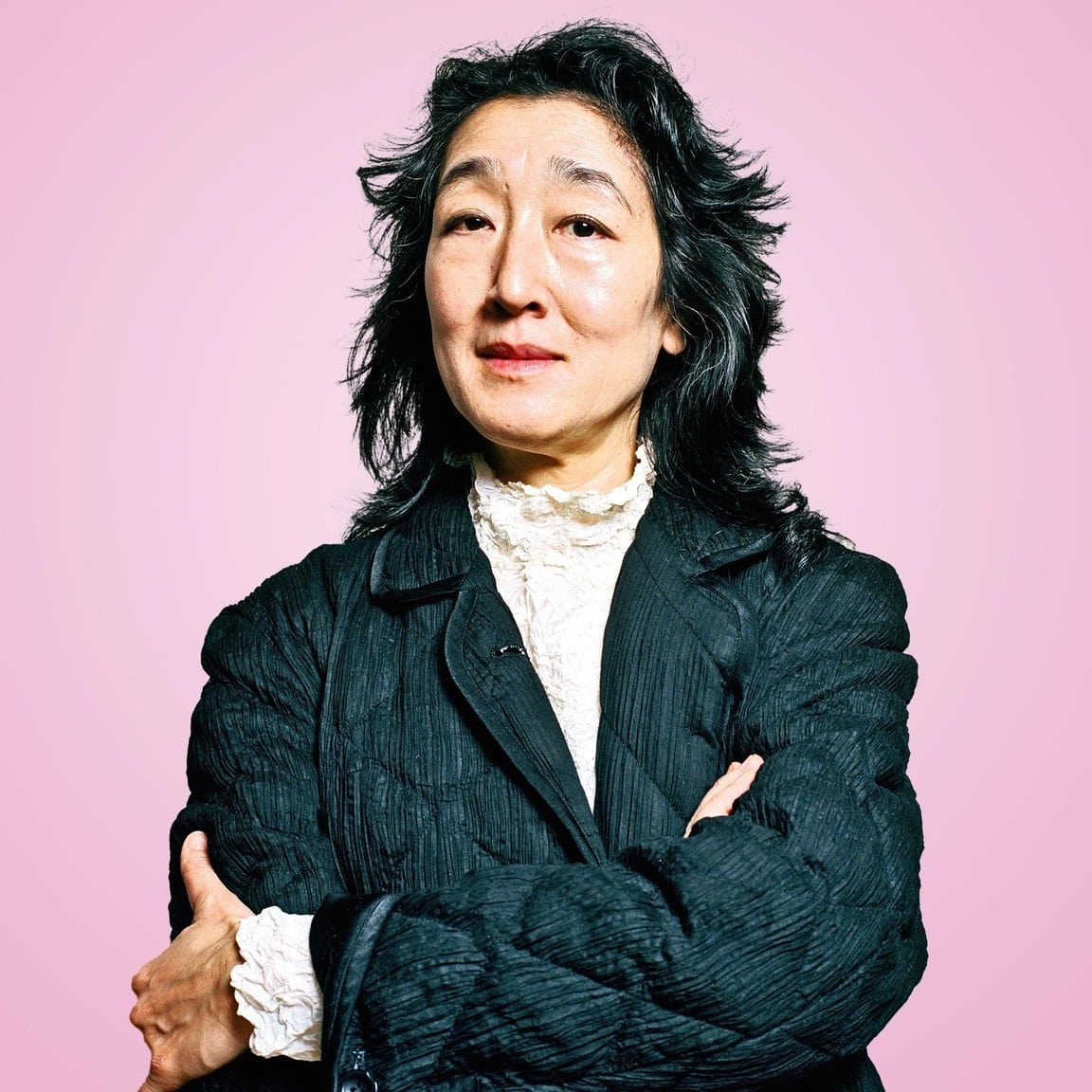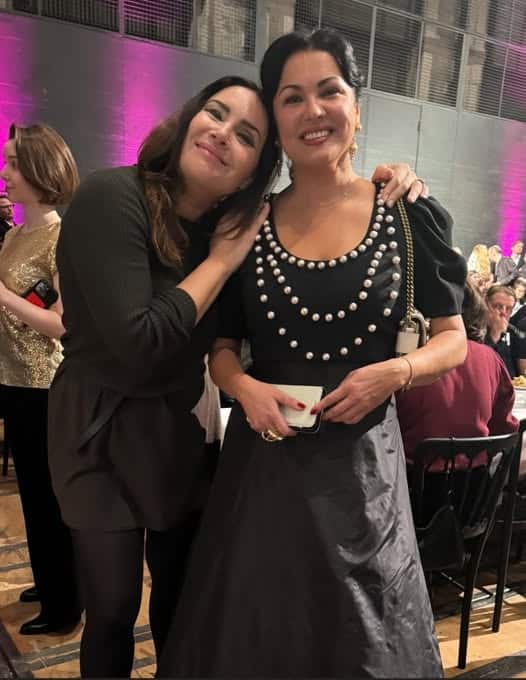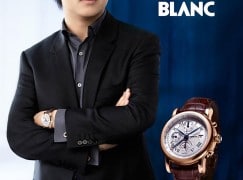Mitsuko to NY Times: ‘I don’t self-analyze’
NewsThe paper’s cultural reporter learned the hard way that Mistuko Uchida does not play the game any way but hers.
A scholarly artist, Uchida was intent on testing my musical knowledge, stopping the interview several times to quiz me on the German Renaissance, the invention of musical copyright, Bach’s “St. Matthew Passion” and the deaths of Schubert and Webern. Unimpressed, she at one point suggested I leave my job for a year to study music full time.
Sample quotes:
– Do you think I am navel-watching every day, or what? Excuse me, I am a musician. I am not anybody that important or anything.
– I love not to travel.
– I never have revelations in my life. Or if I do, I won’t tell you.
– Somebody told me a long time ago, “Ms. Uchida, you don’t commission that many new pieces.” And I only said, “What am I to know what that schmuck is going to do?”
Full interview here.
The reporter, Javier C. Hernandez, has earned a name-check.






Comments